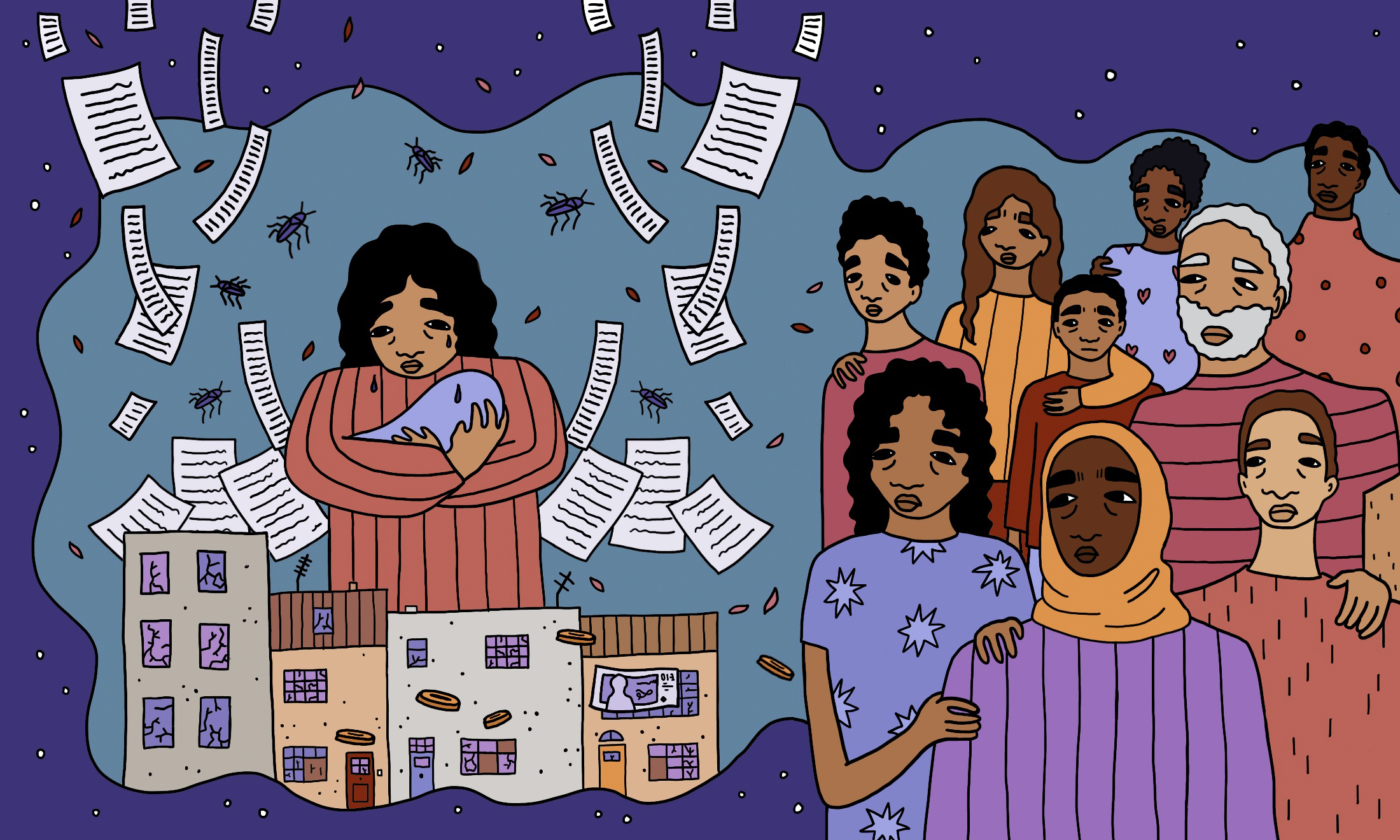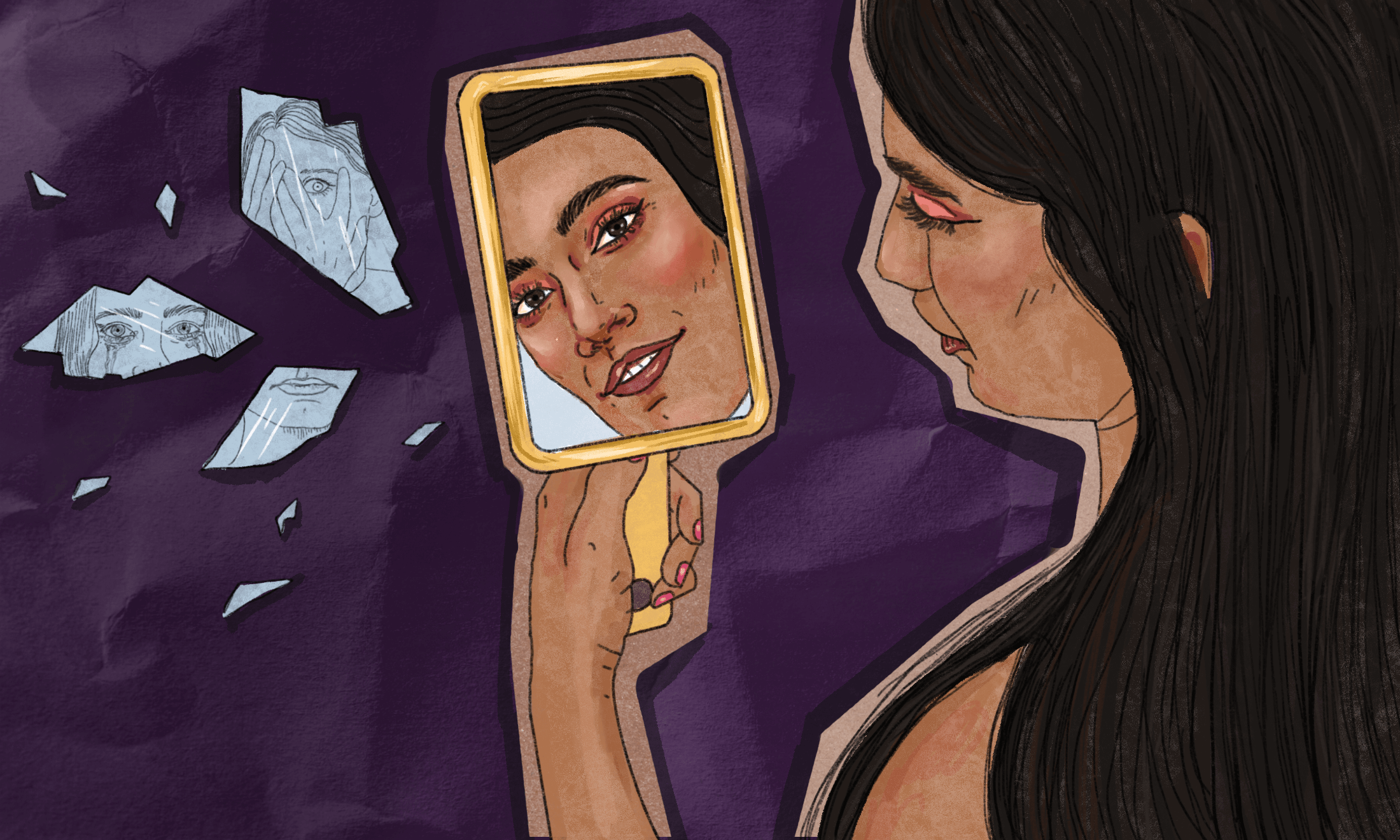
Today was the first day of what I pray will be my last academic term at university. I am going to take this opportunity to talk about what a shit experience university has been for me. How controversial of me, right? I could wait until I graduate in’sha’Allah [God willing] to have this conversation but who knows what is around the corner? So yalla, let’s do it.
Firstly, I think that it is also important to provide context. I come from a comprehensive-school background and live in an area that has high rates of unemployment and crime when compared to the national average. My dad was one of the first people in my family to complete university education and has always encouraged us to pursue education because of the Islamic emphasis [on seeking knowledge] and the opportunities, careers and improved standard of living that comes from a good education. After all, coming from an immigrant background, making sure your kids have a better life than what you had is one of the utmost priorities.
At secondary school, I constantly achieved great results and had the most incredible teachers who truly encouraged me to fulfil my potential and empowered me to have confidence in my own views. Although this led to certain individuals (ahem, boys) in my class to be quite antagonistic towards me: “Why do you have to have an opinion on everything, Zarah? Just shut up!” I refused to back down. Sixth-form at a local grammar school also seemed like a walk in the park. But it was university where I found myself alienated and full of self doubt.
“I was able to make the conscious decision to take a year out of my studies and I was able to focus on me. I worked, I travelled, I was able to stop feeling incredibly low about myself”
During Freshers’ Week, me and my dad were blessed to visit Palestine. I was also going to be living at home and commuting to university so I didn’t get to make friends at the start of term [as] many others do: either through meets and greets, through halls, through parties, etc. But that was fine because I was able to make my own family through BEMA, Palestine Society, Kashmir Society and a handful of people from my course. The course from the beginning didn’t stimulate any intellectual curiosity.
However, I still attended the lectures, seminars, did readings, and submitted assignments on time. Everything on the outset was fine but by second year, I felt like I was drowning. Yes, I worked part time on the weekend. Yes, I was active with societies. Yes, I got involved with NUS. But so did many others. Why did university just seem so much harder for me? I was doing all the work but the grades just were not what I was expecting – whereas people who hardly attended classes and partied constantly seemed to have a smooth sailing experience and first-class graded assignments.
Maybe I wasn’t asking the right questions. Maybe I wasn’t as smart as I was led to believe that I was. Maybe I didn’t deserve to be at this university. So many other people have graduated and they didn’t mention having any issues so clearly there’s something wrong with me. But I didn’t want to let my parents down. I didn’t want to let myself down. All of these thoughts got progressively worse because I didn’t know who to turn to within my friendship circle, my family as well as my department.
Undeniably there was an element of shame in just admitting that I was struggling. It also didn’t help that the university didn’t do a great job at informing us of what support existed. I didn’t know about counselling services. I didn’t know about extensions. I didn’t know that emergency financial support existed. The difficulty in balancing all aspects of my life got so bad that I was able to make the conscious decision to take a year out of my studies and I was able to focus on me. I worked, I travelled, I was able to stop feeling incredibly low about myself.
When people ask me if I’ve started applying for jobs post-uni, the truth is that I just want to graduate and get out of this space, which has been one of the worst experiences of my life. For now, I can’t even think beyond that.
Yes, I’ve done incredible things and met incredible people which maybe wouldn’t have been possible without university so alhamdulillah [praise be to God]. In hindsight, I wish that I was prepared for the horrible side of university which no-one tells you about, let alone prepares you for. People often hype that “university is the best time of your life” but that is simply not true for everyone. We are led to believe that it should be great so much that when it fails to meet our high expectations, we blame ourselves. University is seen as the be-all and end-all as we grow up without being offered any socially accepted alternatives to higher education.
It has taken me a long time to be able to talk about my experiences on such a public platform. As I type this, a huge part of me is already regretting doing so. All of this is probably coming as a shock to many who know me. Nonetheless, I feel the need to issue a disclaimer that I’m not writing any of this for sympathy, for the likes or for a pat on the back. I happen to know many others who have had similar experiences and have felt as though they were alone in this.
Through my experience, I want you to know that you are not alone and your feelings are not invalid. There are many people out there who are scared of being open about their experiences because of the fear of being judged and also because of the taboo surrounding mental health. I personally know of people who have developed mental health problems and taken time out of their studies, some have dropped out of their courses, some had family problems that their university just wasn’t able to understand, access needs that weren’t catered for, department staff who weren’t accommodating, and so much more.
And then there are statistics like:
- Across the UK, the difference between white and BME students achieving a first or a 2:1 is approximately 20%, even where entry qualifications and subjects studied are identical.
- Students from the most disadvantaged homes are 8.4% more likely to drop out of university within two years of starting their course, compared to those from the most advantaged backgrounds even if they started their course with similar grades.
We need to be honest: the system was never built to accommodate for people like us so it fails us at every level: from the structure and content of our courses, the demographics of our department, to the accessibility of services. We need to keep fighting and know that the problem doesn’t lie with us, it lies with these structures that are inherently flawed.
So if you are going through something similar, PLEASE talk to someone: a friend, a welfare tutor, a GP, etc. Look at the support your university has but does a terrible job at advertising: from counselling, to essay support, maths help, financial support, etc. If you need to take a break within your studies for your own mental health and welfare, don’t think about what others will think and just do it. Make yourself your priority.
At the end of the day, if this status and me putting myself out there helps even one person then for me, that is a job well done. One of the main problems is that people are not talking about these issues. But regardless, if you made it to the end of this status then you deserve a round of applause.









